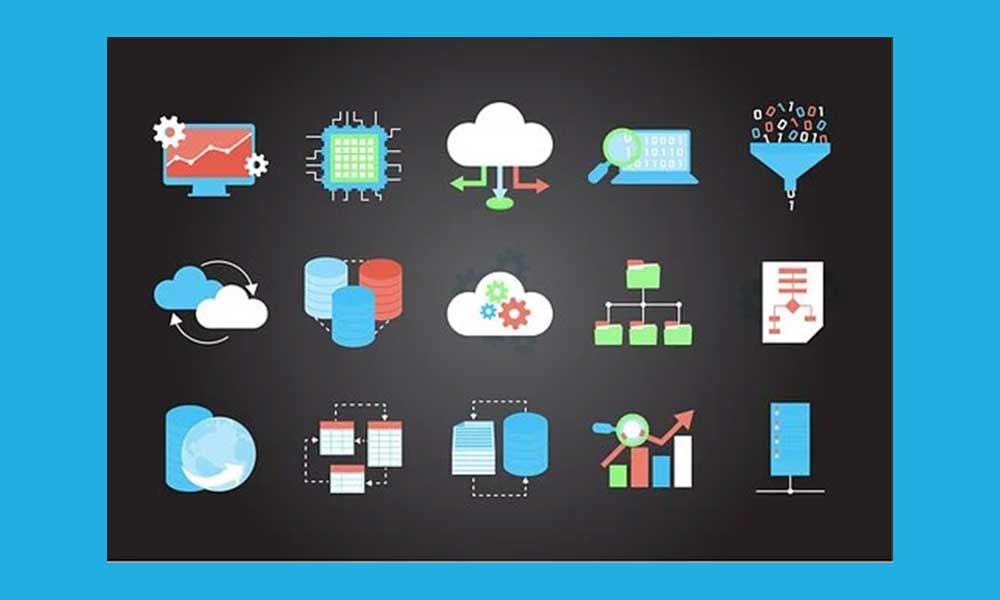File servers are by no means a new technology. The ability to share files across the network is something that has existed for over 20 years.
What has changed, however, is their use. With large data volumes now commonplace, businesses need to select file servers that can not only meet their needs today but will scale as they grow.
There are many things to consider before deciding which type of file server your business needs. The following are the various types of file servers your business could use:

The cloud server is one of the newest file servers on the market and works best for businesses that prioritize collaboration. Unlike traditional file servers, cloud servers allow users to access their content from almost any location, using nearly any device.
Because files are centrally located in the data center, all telephony and wireless services can be routed through the data center network.
Unlimited remote users can access files at any time, evening, if you are offline. Because the company only needs to provide storage for data already in use, cloud servers can reduce costs by reducing large file transfers over expensive WAN connections.
Center stack cloud servers also help to simplify disaster recovery (DR) strategies because they make it possible to replicate data across multiple regions automatically.
A file server located within a company’s network is referred to as an internal file server. This type of file server has been in use for many years. It can be ideal for businesses using a three-server architecture, where a dedicated application server is combined with a dedicated database server.
Because the file server is located within the network, it is accessible to all users at any time. Storing files on an internal file server can also improve performance by concentrating data access in a single location.
However, disaster recovery becomes more complicated with this type of architecture due to the close connection between the application and database servers.
Unlike virtual servers, which are hosted on a physical computer, bare-metal servers allow companies to build their own file server. Data is typically stored on internal network-attached storage (NAS) or storage area network (SAN) devices.
Businesses invest upfront by purchasing all necessary components, including hardware, software licenses, and support. With a bare-metal file server, a business has complete control over the system and can purchase precisely what it needs. This type of file server is ideal for companies with strict security, availability, and performance requirements.
A dedicated file server is like an internal file server. Still, it is located within the data center, allowing companies to use higher performance components, providing better response times and throughput over slower internal network connections.
As data volumes increase, the dedicated file server architecture becomes more attractive because it can scale to meet demands without hosting applications on the same server. Because this type of file server is located within the data center, however, it also means more expensive WAN connections are required to provide access to remote users if they cannot connect through a VPN.
Using dedicated servers can be difficult for some companies because not all WAN links are created equal (some offer higher throughput than others).
A file server is a critical part of any organization’s IT infrastructure, and there are several options available. Before determining which type of file server to use in your business, investigate the pros and cons of each approach to see which one provides you with the best performance, security, and availability for your needs.
